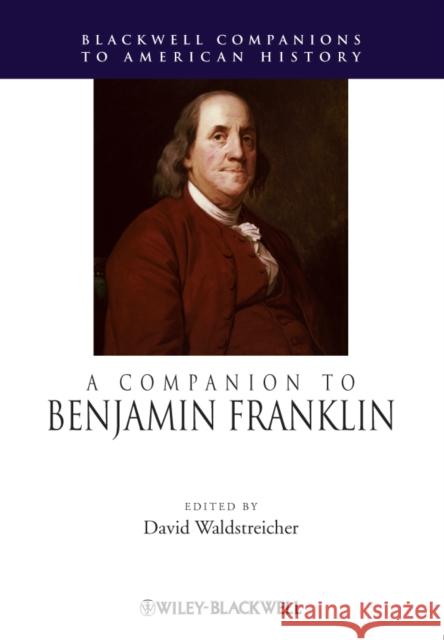A Companion to Benjamin Franklin » książka
topmenu
A Companion to Benjamin Franklin
ISBN-13: 9781405199964 / Angielski / Twarda / 2011 / 560 str.
This companion provides a comprehensive survey of the life, work and legacy of Benjamin Franklin - the oldest, most distinctive, and multifaceted of the founders.
- Includes contributions from across a range of academic disciplines
- Combines traditional and cutting-edge scholarship, from accomplished and emerging experts in the field
- Pays special attention to the American Revolution, the Enlightenment, journalism, colonial American society, and themes of race, class, and gender
- Places Franklin in the context of recent work in political theory, American Studies, American literature, material culture studies, popular culture, and international relations











